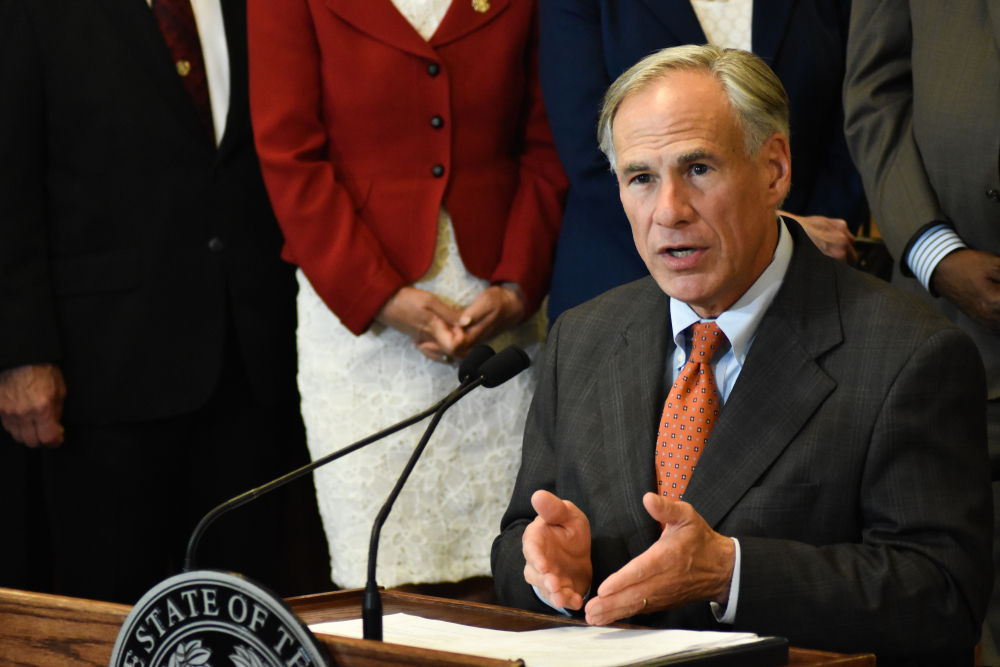Gov. Greg Abbott is reportedly contacting sitting state legislators including more than one State Senator to gauge interest in serving as interim Texas Comptroller — a move that may violate the Texas Constitution and directly contradict a legal opinion he issued himself as Attorney General in 2002.
According to multiple sources familiar with the outreach, Abbott has made informal calls to lawmakers about temporarily filling the comptroller role should the position become vacant. But under Texas law, and based on a 2002 opinion authored by then-Attorney General Abbott, such appointments may be unconstitutional if the appointee is a current or recently resigned legislator.
That opinion — GA-0006, issued December 23, 2002, in response to a request from then-Sen. Jane Nelson — determined that a legislator may not be appointed to a position requiring Senate confirmation “during the term for which he [or she] was elected,” even if that legislator resigns early.
Multiple current legislators have been contacted by the governor’s office, sources told The Dallas Express, to gauge their interest in serving as interim Texas Comptroller. If true, such outreach would directly contradict the legal opinion Abbott issued in 2002 as Attorney General, which concluded that legislators are constitutionally barred from being appointed to any position requiring Senate confirmation during the term for which they were elected — even if they resign before the appointment is made.
“A member of the Texas Senate who was elected to that position in the general election of November 2000 is not eligible during his or her term of office to be appointed by the governor to an office or position that requires senate confirmation, regardless of whether he or she resigns his or her legislative position shortly before any prospective appointment,” the opinion reads..
The ruling was grounded in Article III, Section 18 of the Texas Constitution, which bars any legislator from being appointed to a civil office of profit that was either created or had its compensation changed during their term — or to any position requiring legislative confirmation.
The opinion even dismissed arguments based on past Supreme Court decisions that interpreted similar language more loosely. It emphasized that allowing even recently resigned lawmakers to take up powerful state appointments risked eroding the separation of powers and public trust.
If Abbott moves forward with a legislative appointment to the comptroller’s office, it may prompt legal challenges or Senate pushback, especially from members who recall his own past interpretation of the law.
The Texas Comptroller of Public Accounts is one of the most powerful statewide offices, responsible for managing the state’s budget, economic forecasts, and distribution of billions in tax revenue. The position requires Senate confirmation, as outlined in Article IV, Section 12 of the state constitution.
At the time of his 2002 opinion, Abbott argued that even the appearance of impropriety — such as legislators leveraging their current influence for future appointments — undermined constitutional integrity.
Now, two decades later, Abbott may face questions about whether he’s following the same standards he once upheld.


